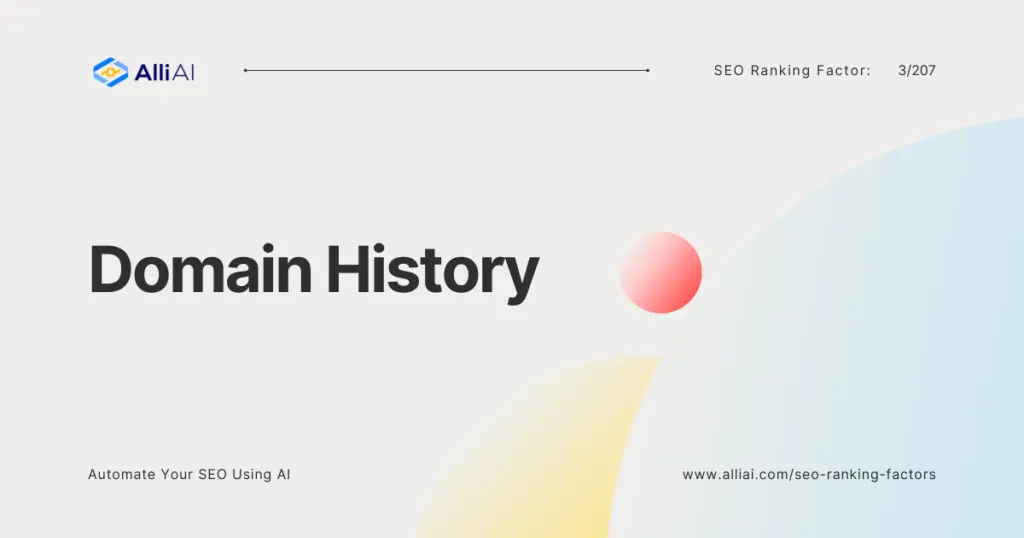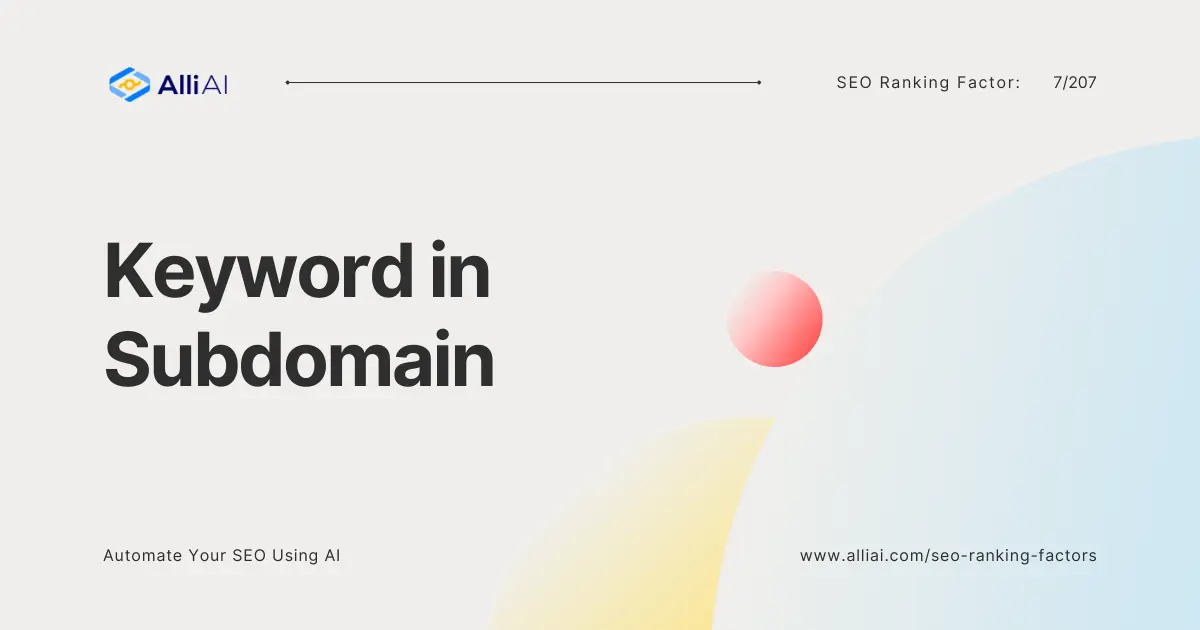The Significance of Domain Age in SEO: A Comprehensive Guide
Domain Age refers to the length of time that a domain name has been registered and active. To put it simply, it’s the age of a website from the moment it was first registered to the present day. For example, if a website was registered on January 1, 2010, and today is January 1, 2023, the domain age would be 13 years.
Imagine domain age as the credibility one builds in their professional career over time. Just as a seasoned professional is often trusted more due to their vast experience compared to a newcomer, similarly, search engines tend to view older domains as more trustworthy than newer ones. This trust is built over time through consistent presence and reliability.
Why is Domain Age important in SEO?
Domain age plays a crucial role in search engine optimization. It’s a factor that search engines, like Google, consider when determining the ranking of websites. Older domains often have a history of content, backlinks, and user engagement, which are vital metrics for search engines. These domains are perceived to be more reliable and credible, as they have been around for a longer time and have demonstrated consistency.
How Domain Age affects SEO
The correlation between domain age and SEO is nuanced, embodying several dimensions:
– Trust and Credibility: Search engines view older domains as more credible. A domain that’s been active for several years is likely to have built up a significant amount of content and backlinks, which signals reliability.
– Backlink Profile: Older domains generally have more time to accumulate backlinks. A robust backlink profile is pivotal for SEO, signaling to search engines that the site is an authoritative resource.
– Content Maturity: With age comes the opportunity to deepen the content repository. Older websites typically have more content, which can cover a broader range of keywords and topics, enhancing SEO.
Relevant Stats:
Data from [Moz](https://moz.com), a leader in SEO software, suggests that older domains tend to rank better on Google’s SERPs. Additionally, a study by [Ahrefs](https://ahrefs.com) found a strong correlation between domain age and higher rankings, reinforcing the idea that time is indeed an ally in SEO.
FAQ
How long does it take for a new domain to rank on Google?
New domains can expect to face a “maturation” period, often referred to as the Google Sandbox, where they may not rank high for their target keywords. This period can vary but generally lasts for about 3 to 6 months. During this time, it’s critical to focus on building quality content and backlinks.
Is it better to buy an old domain for SEO purposes?
Purchasing an older domain can be beneficial for SEO due to its potentially established authority and backlink profile. However, it’s important to conduct thorough research to ensure the domain hasn’t been penalized in the past or associated with spammy practices.
Does Domain Age affect the speed of SEO results?
Yes, to some extent. Older domains might see quicker improvements in their SEO efforts compared to brand new domains, due to their established history and credibility in the eyes of search engines.
Conclusion
Domain Age is a subtle yet potent factor in SEO. While not the only parameter influencing rankings, its impact is undeniable. Older domains carry a sense of trustworthiness and reliability, accrued through years of presence on the web. However, this doesn’t mean new domains cannot compete. With strategic SEO efforts, focusing on quality content and strong backlinks, newer websites can climb the ranks over time. Remember, in the domain of SEO, patience, persistence, and quality content are key to achieving long-term success.






